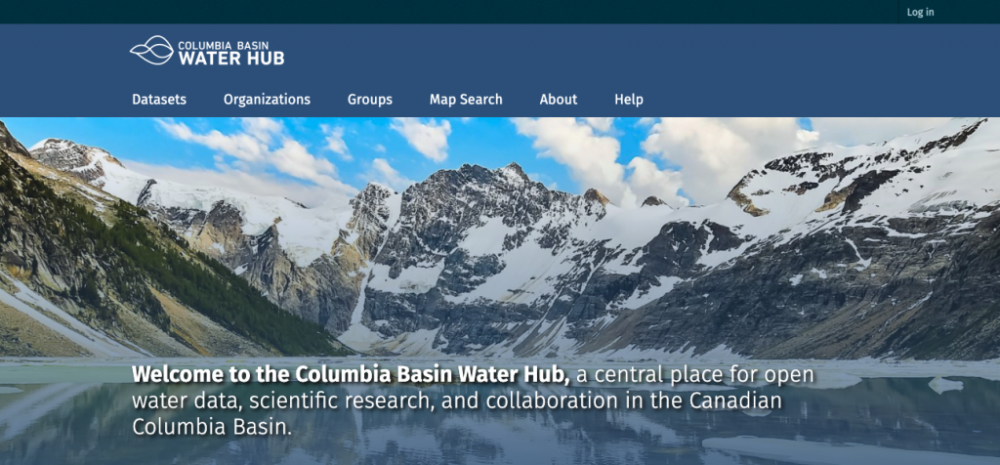Living Lakes Canada has officially announced the launch of the Columbia Basin Water Hub.
The Columbia Basin Water Hub is an initiative that was started by Living Lakes Canada in 2017. The organization responded to a series of reports pointing to the need for increased water monitoring data amid climate change impacts on water supply in the Upper Columbia Basin (UCB) region.
In starting the dialogue around a Columbia Basin Water Monitoring Framework to fill important data gaps, Living Lakes Canada also envisioned an online platform to house that data to make it easily accessible by decision makers and the public in order to facilitate progressive watershed management in an era of climate change.
Now, the Columbia Basin Water Hub (or Water Hub) is up and running. Water-related data can be submitted by community-based monitoring groups, governments (e.g., municipal, regional, First Nations governments, etc.), and industry. Data can be linked to any existing databases that are available openly online.

Through the Water Hub, water data collected by a variety of organizations and institutions will be housed in a central repository. A range of datasets are available, including water quantity and quality, groundwater levels, wetland monitoring, snow surveys, glacier studies, reports, images, and various other forms of knowledge.
Hub is home to federal FIMP data
The Water Hub is now the official master database for all Foreshore Integrated Management Planning (FIMP) data. The integration of a new QA/QC protocol for FIMP. along with a new viewing platform and landing page, will offer a comprehensive explanation and overview of FIMP data will be completed March 2021. The work is being done in partnership with the Department of Fisheries and Oceans, Foundry Spatial, and Ecoscape.
Living Lakes Canada will continue to build new and varied partnerships to increase the reach of its data network and to ensure data longevity and that data collected supports decision-making for climate adaptation.









